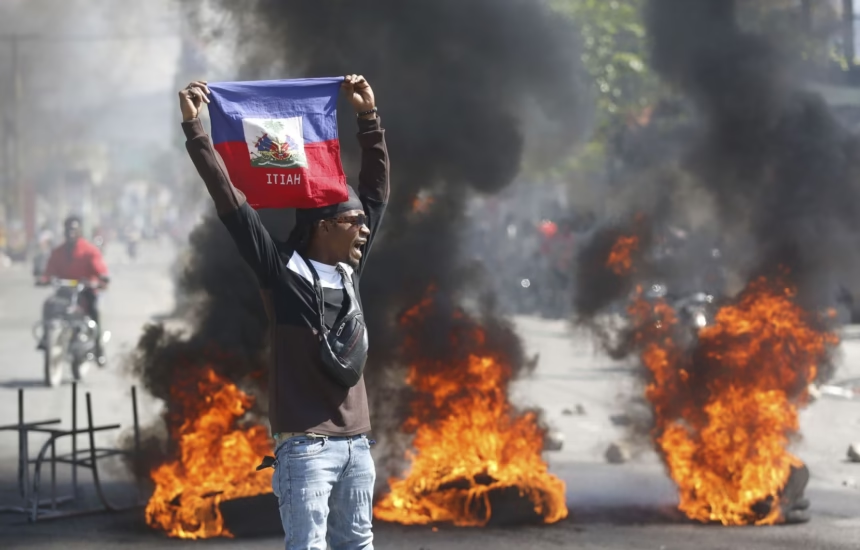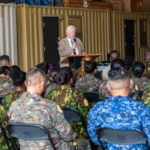As Haiti’s political transition deadline looms, the United Nations (UN) is urgently sounding the alarm over the country’s worsening crisis. With less than four months before February 7, 2026—the day an elected president and parliament are supposed to take office—no elections are even scheduled, deepening the nation’s escalating institutional uncertainty.
On Wednesday, October 22, 2025, the UN Security Council urgently reviewed Haiti’s worsening crisis following the Secretary-General’s latest report. His special representative in Haiti, Carlos Ruiz Massieu, stressed that “the time for transition is running out” and warned that Haiti “cannot afford a political vacuum.”
Since arriving in Port-au-Prince in August, the diplomat has witnessed firsthand the deepening crisis and the mounting exhaustion of a population battered by relentless violence.
Uncertain elections and fragmented authority: Since President Jovenel Moïse’s 2021 assassination, no elected leaders have governed Haiti, and since April 2024, the Transitional Presidential Council has struggled to restore trust and set a concrete electoral timetable.
Amid these challenges, António Guterres notes that Haitian political actors remain divided over the shape the next phase of governance should take. Some advocate a three-member executive, while others prefer appointing a judge of the Court of Cassation as a provisional president.
Several proposals are circulating, including a one-year extension of the current Council’s mandate to force elections by October 2026. Yet, consensus remains elusive, and time to act is running out.
In addition to political deadlock, a lethal wave of insecurity is ravaging Haiti. Between January and August 2025, 1,303 people were killed, the UN reports—a staggering jump from 419 in the same period in 2024.
Armed gangs relentlessly escalate attacks on civilians and law enforcement, especially in Artibonite, the Central Department, and the metropolitan area of Port-au-Prince. Notably, a single attack in Cabaret in July brutally killed more than 40 people, including children.
More than 1.4 million people have been violently displaced within the country, driving the humanitarian crisis to a critical point.
International Pressure and Calls for Dialogue
In response, the Security Council renewed for 12 months the mandates of the UN Integrated Office in Haiti (BINUH) and the Multinational Security Support Mission, maintaining targeted sanctions against those responsible for the current chaos.
During these discussions, British Ambassador Archibald Young urged the Haitian authorities to “work tirelessly for free and fair elections,” while U.S. representative Mike Waltz vowed to go after those who fund or arm gangs.
Christina Markus Lassen of Denmark stated that inter-Haitian dialogue is essential to prevent institutional collapse.
With violence surging and the population growing ever more desperate, the UN now demands urgent political courage and responsibility from Haiti’s leaders. “The Haitian people have not given up,” Carlos Ruiz Massieu concluded. “But time is running out for the country’s stability. Immediate action is essential.”
Prime Minister Alix Didier Fils-Aimé urgently convened a working session last week with members of the Provisional Electoral Council (CEP), pressing the CEP to deliver, as soon as possible, an electoral decree and a clear timetable to guarantee proper elections and rebuild the Haitian people’s faith in democracy.
https://ctninfo.com/?p=37756&preview=true
https://www.facebook.com/CaribbeanNewsMedia








